
AeroGenie – Ihr intelligenter Copilot.
Trends
Categories
South Korea’s Advanced Aircraft Engine Project Delayed Amid State of Emergency

South Korea’s Advanced Aircraft Engine Project Faces Delay Amid State of Emergency
South Korea’s Advanced Aircraft Engine Project, a pivotal initiative aimed at enhancing the nation’s aerospace capabilities, has encountered a significant delay amid the ongoing state of emergency. This setback raises concerns about the potential repercussions for both the country’s defense and commercial aviation sectors. The postponement is expected to escalate production costs and may lead to further delays in related military and civilian aviation programs, potentially altering competitive dynamics within the regional aerospace market.
Implications for the Aerospace and Defense Sectors
Industry experts caution that the delay could invite increased scrutiny of South Korea’s defense and aerospace industries at a critical juncture. Global competitors may exploit this temporary vulnerability to consolidate their market positions and accelerate their own technological advancements. Although Hanwha Aerospace’s contract to develop engines for unmanned aerial vehicles (UAVs) remains unaffected, the broader aviation industry in South Korea could experience significant ripple effects.
The Advanced Aircraft Engine Project is central to South Korea’s strategic objective of strengthening domestic aerospace technology and reducing dependence on foreign suppliers. Its progress is closely monitored as a key indicator of the country’s military modernization efforts and its ability to remain competitive in the fast-evolving global aviation landscape.
Broader Context and Future Outlook
The delay occurs against a backdrop of widespread supply chain disruptions and intensifying competition within the international aerospace sector. South Korea’s setback may shift the balance in favor of rival nations, enabling them to advance their technologies and secure new contracts. Market analysts emphasize that such delays can have enduring consequences, affecting not only project timelines but also perceptions of reliability and innovation in the industry.
Despite these challenges, government officials stress that critical contracts, including Hanwha Aerospace’s UAV engine development, continue to progress as planned. The current uncertainty underscores the necessity for resilience and adaptability in managing complex technological projects under pressure. As South Korea navigates this critical period, the outcome of the Advanced Aircraft Engine Project will serve as a significant measure of the nation’s capacity to handle high-stakes initiatives amid unforeseen disruptions.
This situation underscores the intricate relationship between national security, technological progress, and economic competitiveness. As the global aerospace environment evolves, South Korea’s response to this delay will be closely observed by industry stakeholders and international competitors alike.
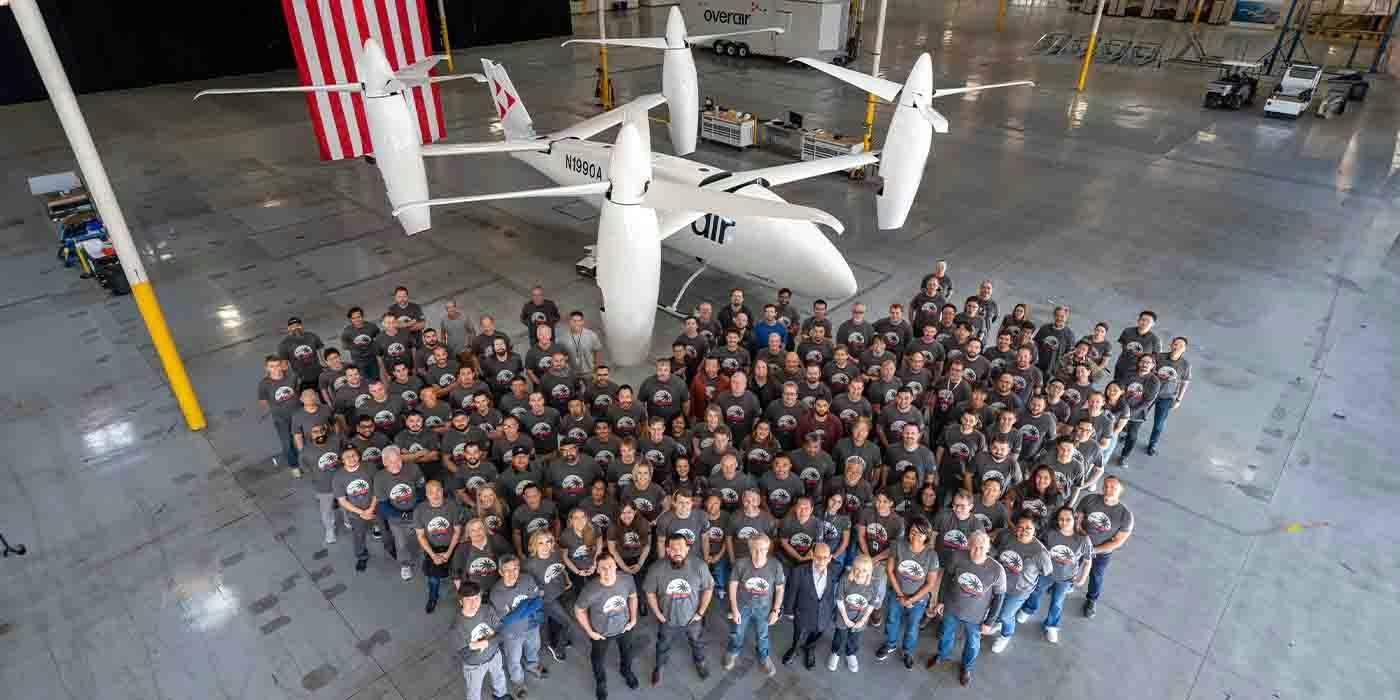
Unique mixed-propulsion eVTOL completes transition flight testing
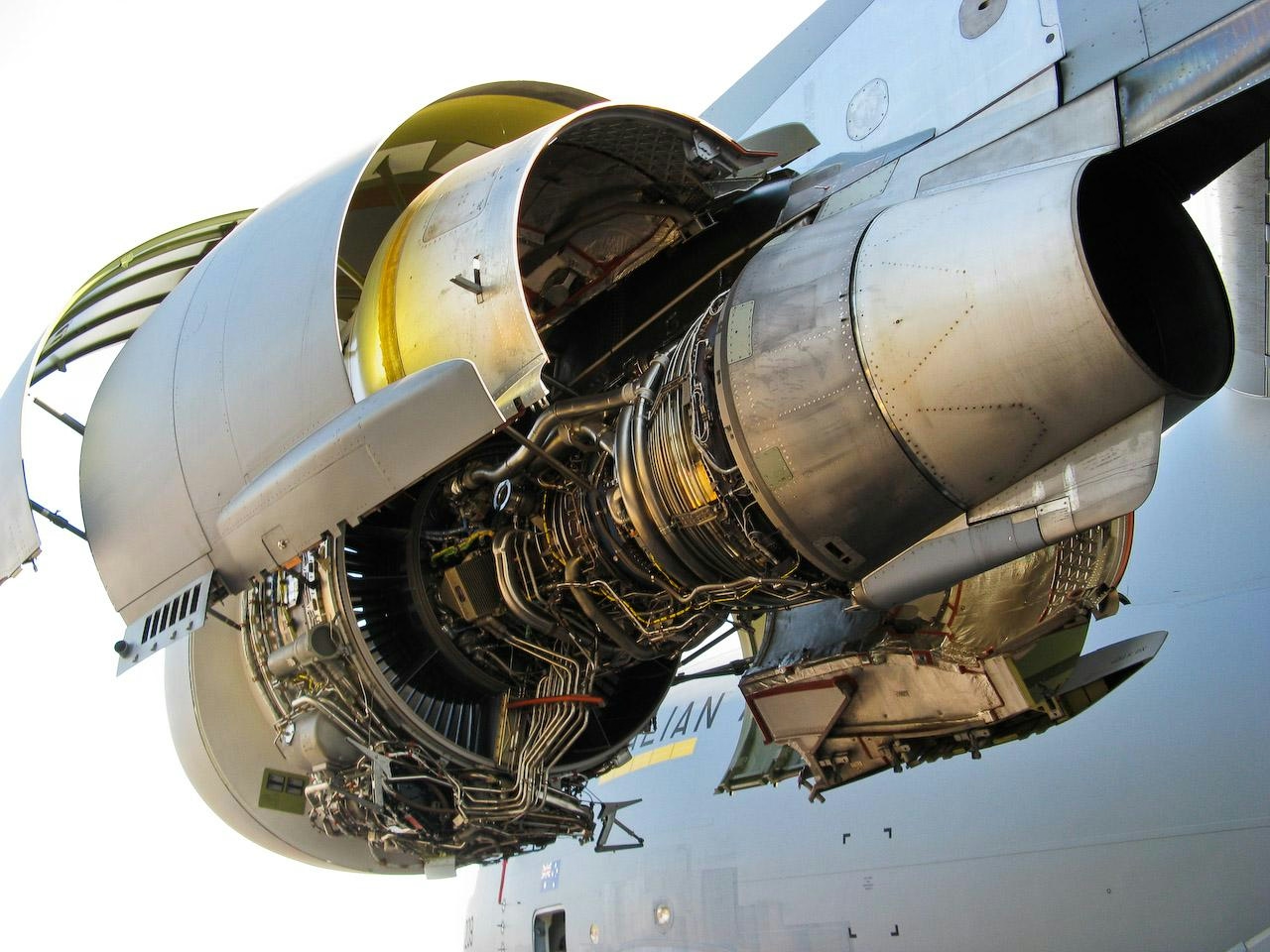
Are C-17 Globemaster Engines Derived from Boeing 757?
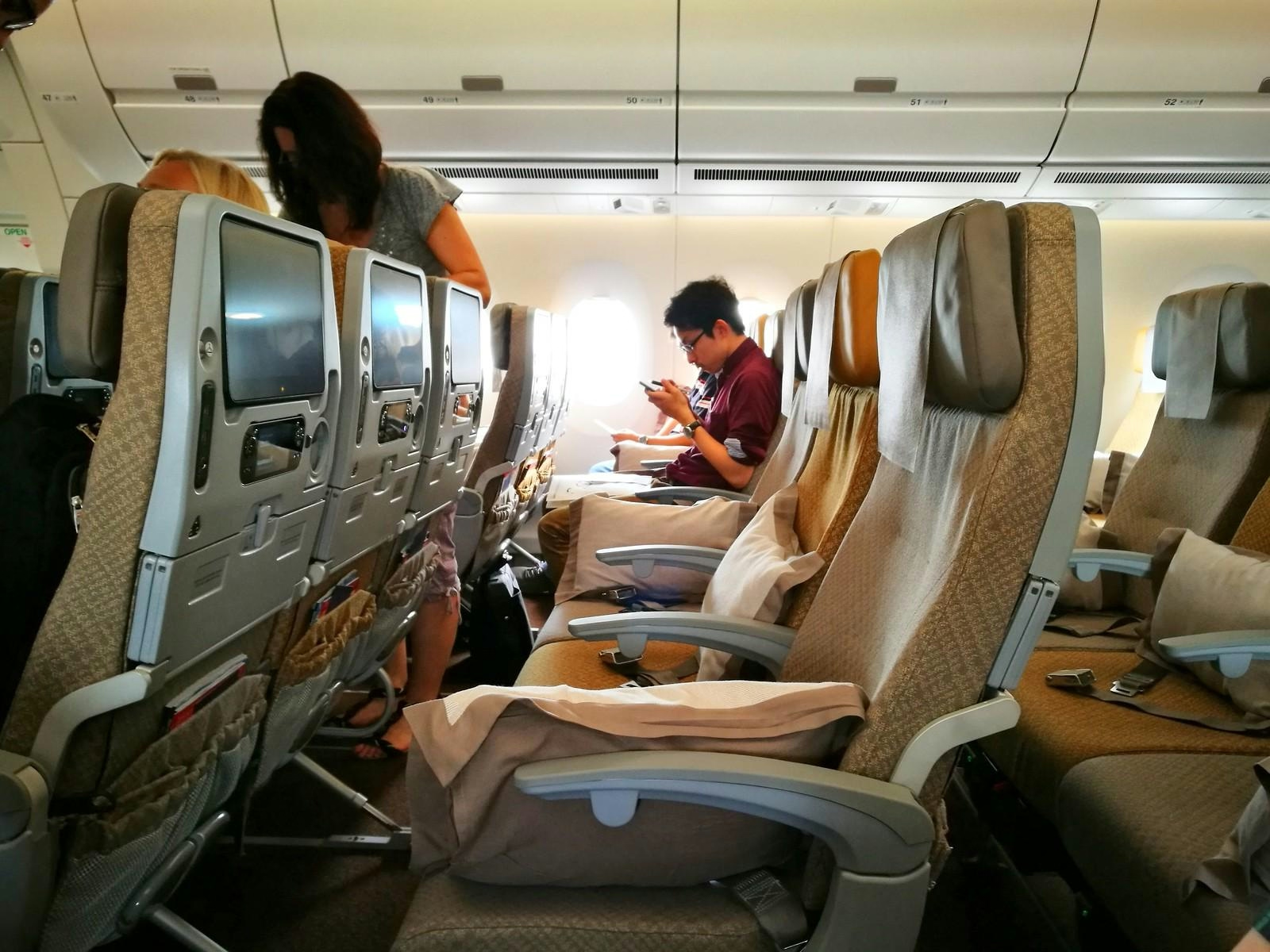
Why the Airbus A350’s Cabin Is Quieter Than Other Aircraft
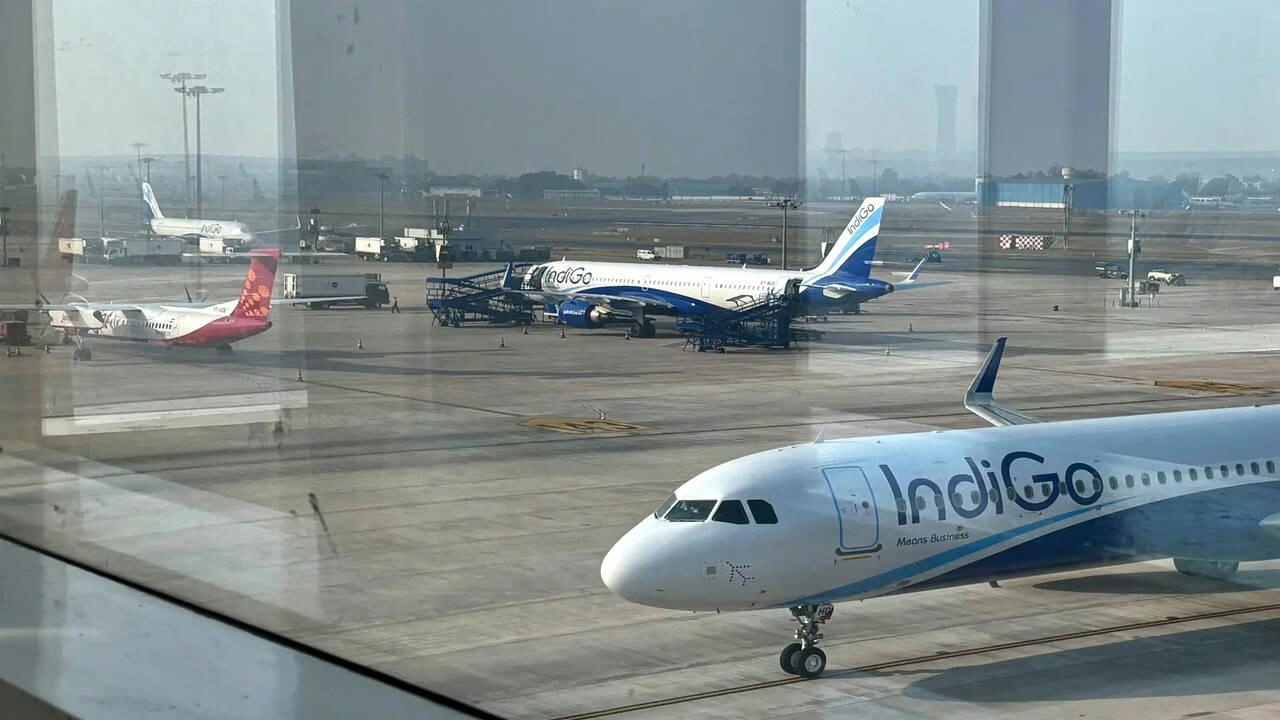
AI and AI Express Plan to Increase Capacity Amid IndiGo Flight Disruptions
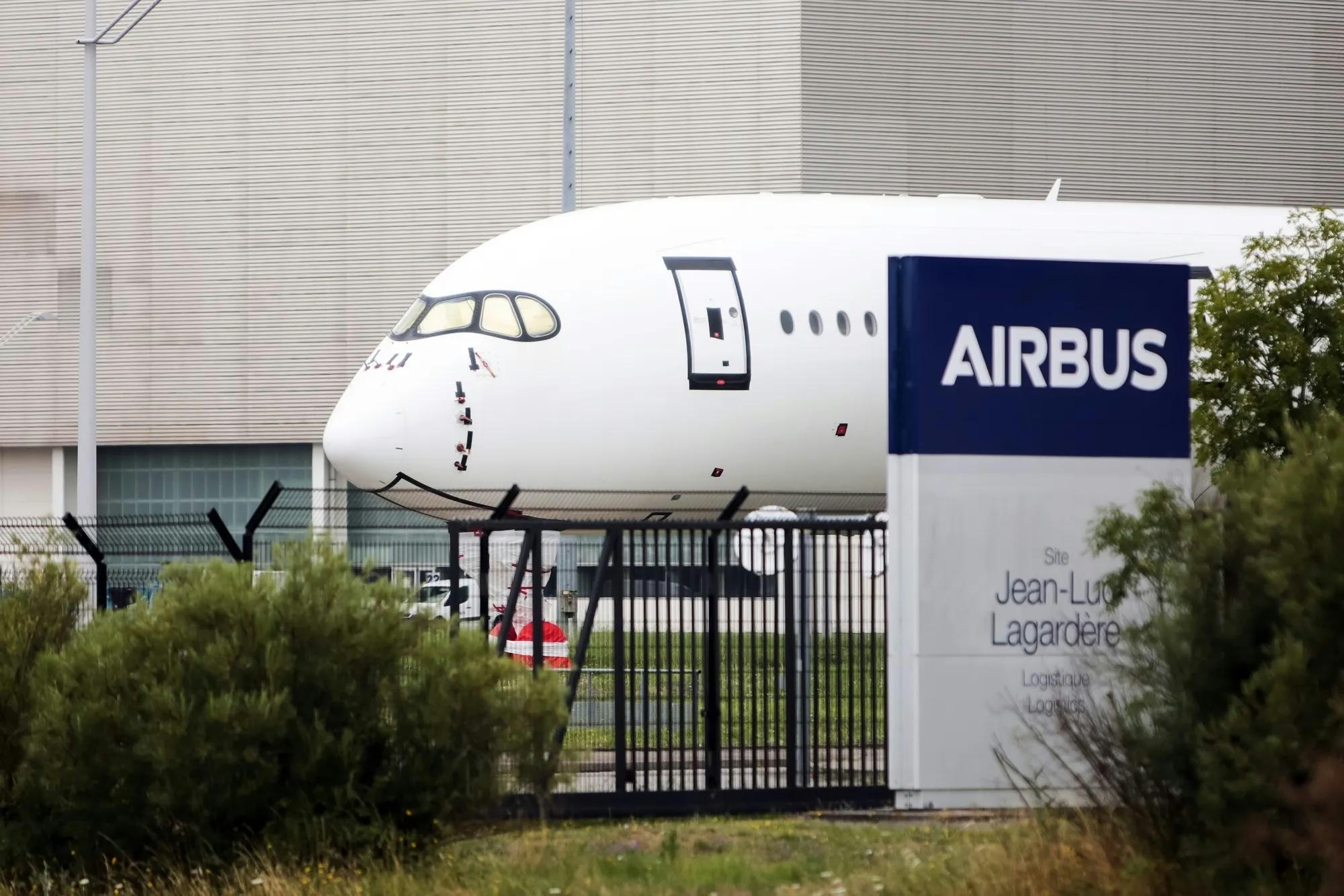
Kazakhstan and France Agree on Airbus Aircraft Deliveries
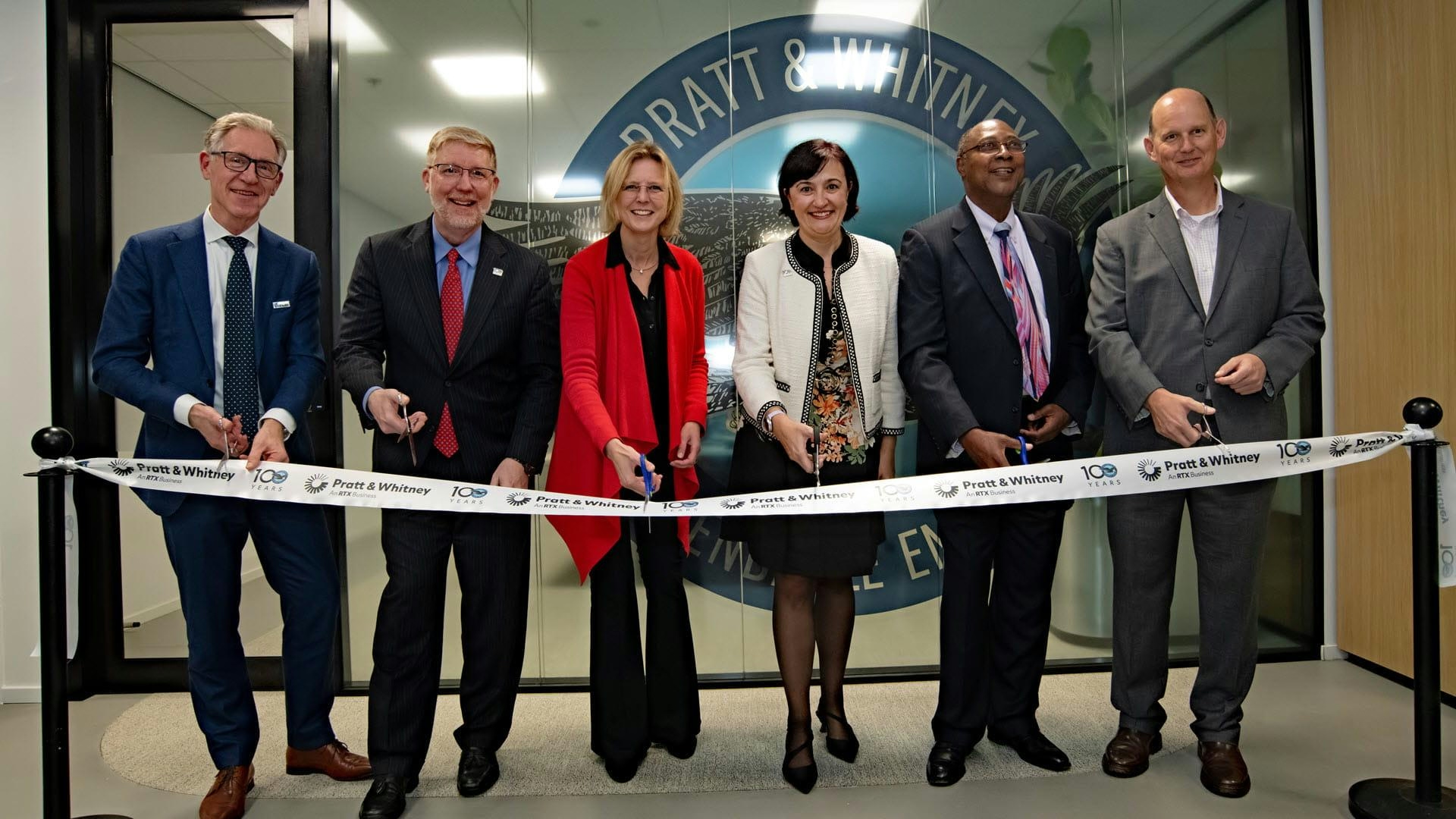
Europe’s Emerging Talent Drives Aviation Innovation
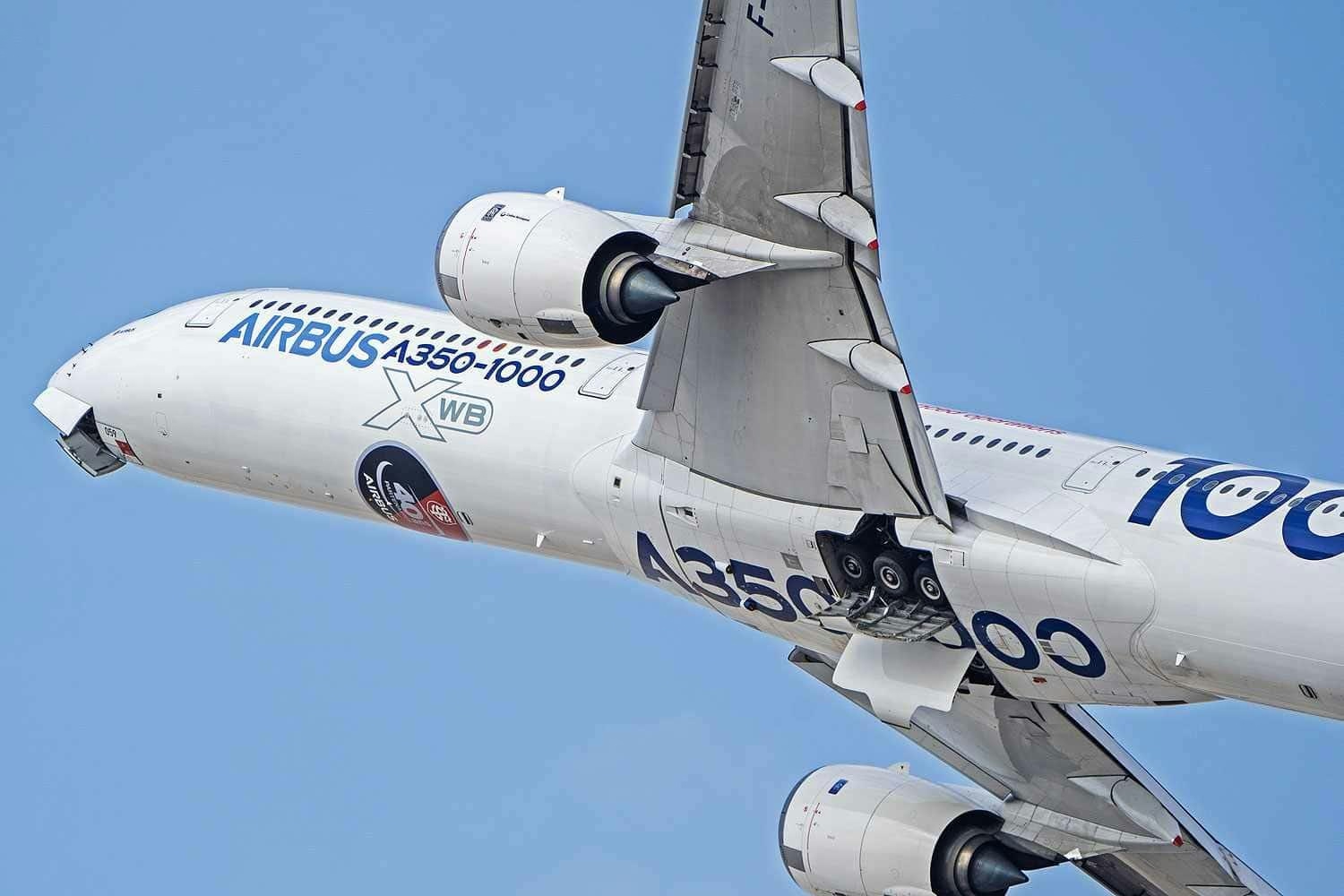
Airbus Receives New Order for A350-1000
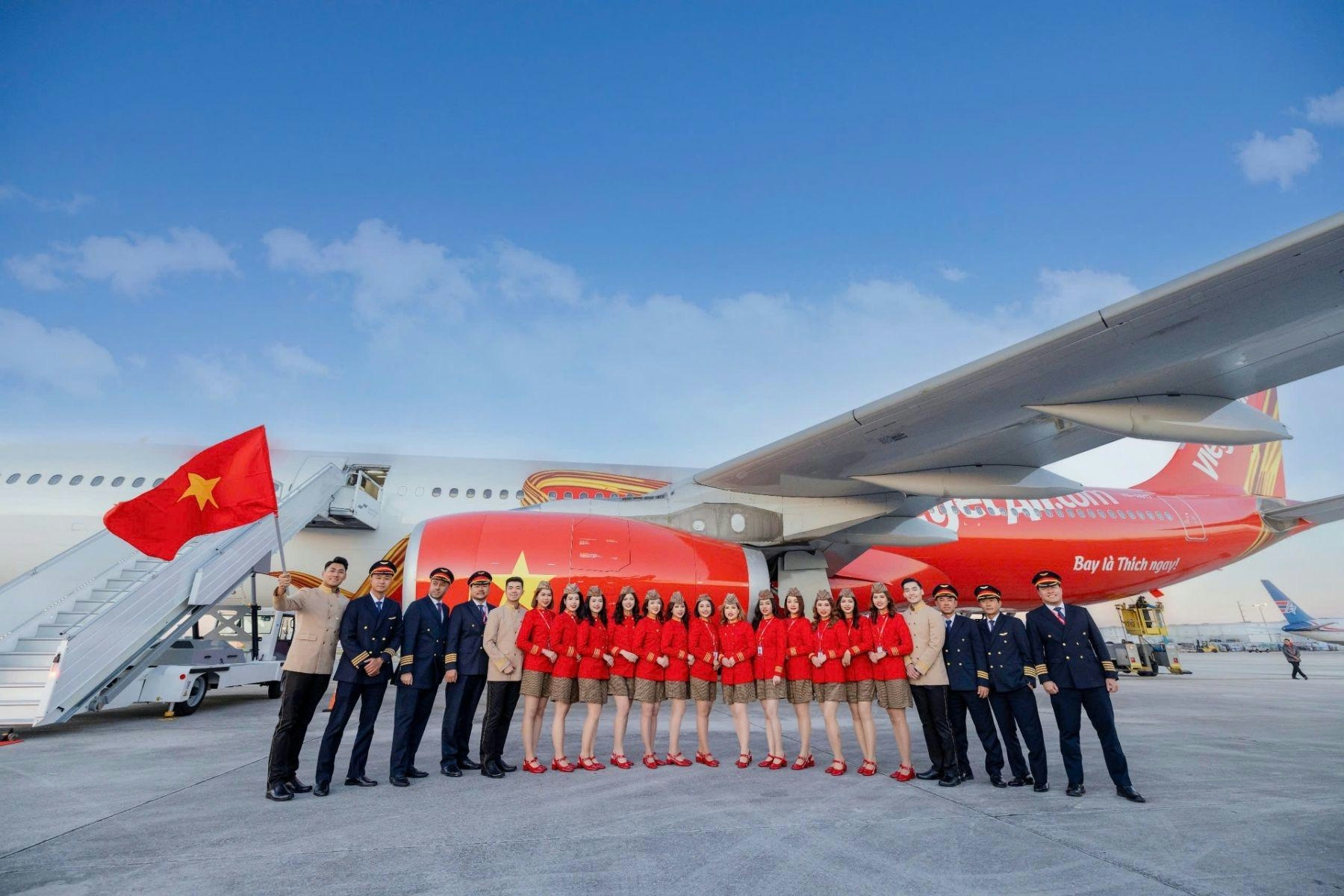
The Leading Widebody Aircraft in Service Today
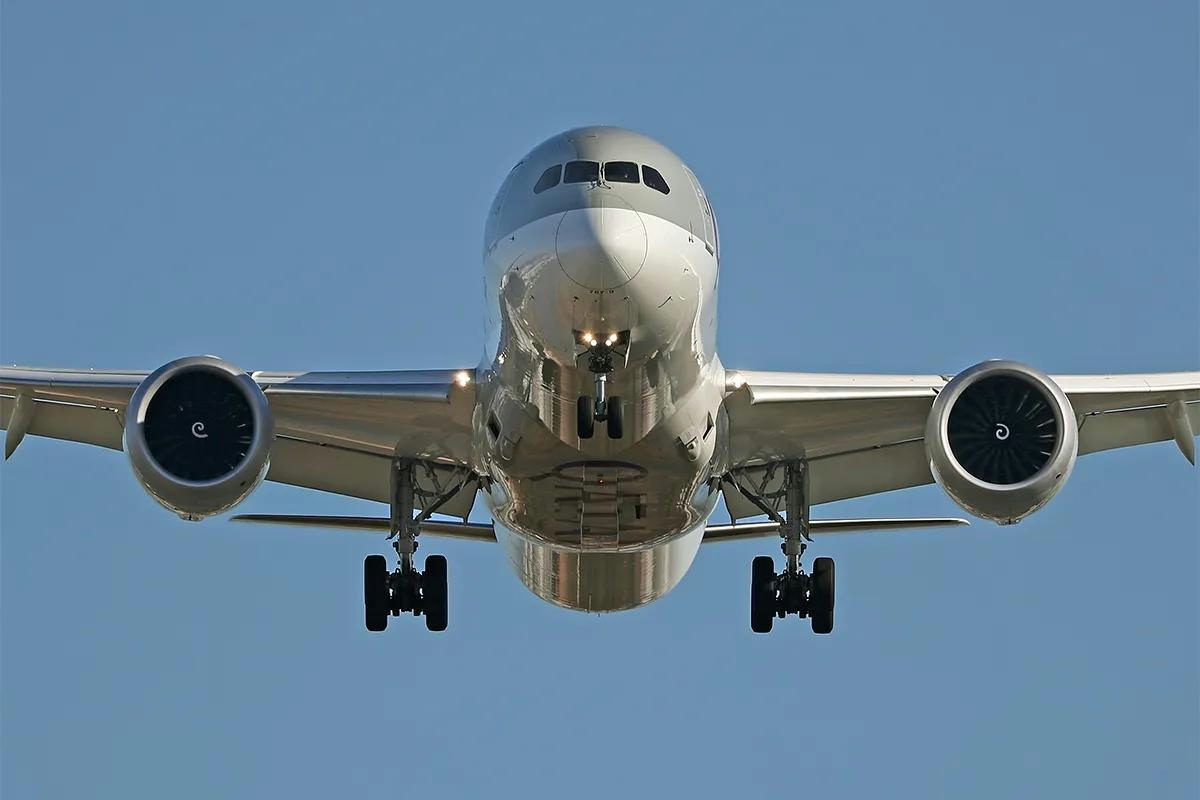
The Fastest Boeing Jet Currently in Service
